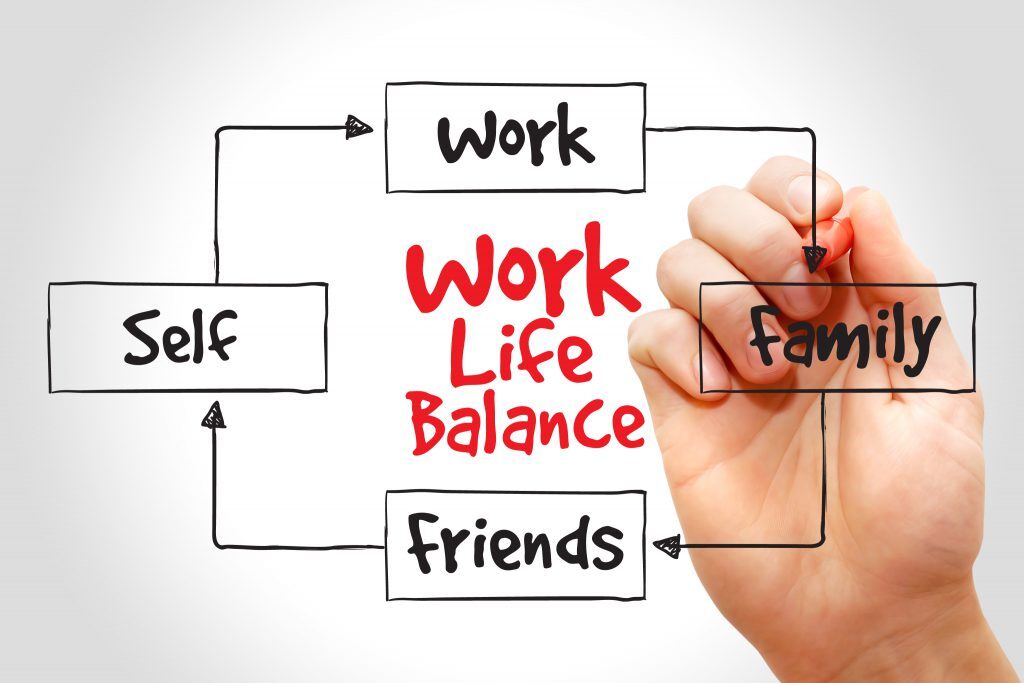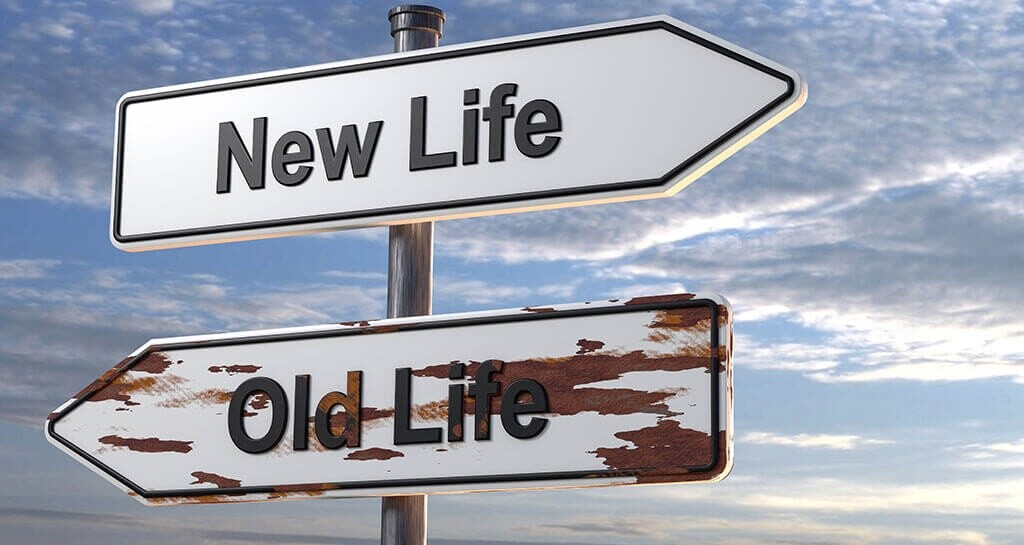
So, Manage Workload, Set Boundaries
Get Tools to Work Smarter, Manage Stress, and Put Life Balance on the Calendar
Ricevi il test via mail oppure vai alla sezione dedicata qui sotto.
A work-life balance shows you how to be fulfilled by both your career and personal life. It’s easy to focus too much on career because you feel like that’s what society values. A work-life coach helps you see how rewarding both sides of life can be. Skills like learning to leave work at work and having more fun are nurtured by the coach. A work-life balance coach expands your concept of yourself so can thrive in many ways.

Migliori la consapevolezza del tuo problema
Capisci dove intervenire
Per ritrovare benessere
We are often caught in our daily routines and in order to improve our work-life balance, we should analyze our current situation first. This sets the stage for the next steps. Ask your coaching clients to answer some basic questions like:
Once they become aware of their current situation it’s time to find out where their priorities in life are. Everyone has their own definition of a good work-life balance. Help your clients to define how they want to live their life. Maybe they only want to work a certain amount of hours per week and dedicate the rest of their time to their newborn baby? If their current job prevents them from doing that, then maybe finding a new job could be the first step towards a better work-life balance.
Ask them to take a look at these categories and define how important they are for them:
Career, Money, Relationship, Family & Friends, Health, Fun & Leisure, Home Environment, Personal Growth.
Sono Matteo Rocca, Life Business ACC ICF Coach, alias Stress Coach. Sono l’autore degli articoli che trovi in questo Blog, svolgo le mie ricerche ogni settimana, da ormai più di 5 anni. Sono da sempre appassionato di stress perché sono “incline allo stress” e ho “una predisposizione genetica a problemi cardiovascolari”. Per più di venti anni ho lavorato come manager in Italia e all’estero e ho affrontato alte dosi di stress. Ora sono un Coach esperto di Stress Management e Personal Trainer FIF laureato in scienze motorie. Sto studiando per diventare Health Coach.

I can help. I am a professional life coach who has helped thousands of people to successfully make changes in their lives, navigate life transitions and create work-life balance. My life coaching program will help you get clear on the best outcome for you, create a plan, and take action.
Now that you know more about your clients’ priorities in life it’s time to dig deeper and to find out how they spend their time during an average week. Ask your client to outline all their usual daily activities and the estimated time they dedicate to it. Once done the next step would be to take a closer look at all those activities and ask questions like:
Is the time spent doing it reasonable? (In terms of the result, effect, value for me)
Is this activity/habit self-imposed or system imposed (someone/thing else makes you do this – family, friends, employer)?
Analyzing current routines and habits helps to identify if they are really worth the time spent. Potential time wasters will also be uncovered and can be minimized or eliminated in the next step.
NUMERO LIMITATO
Per evitare stress, garantire totale dedizione e un servizio di alto livello qualitativo, sono in grado di creare e seguire contemporaneamente percorsi di formazione e Coaching solo per un numero limitato di clienti.
Se vuoi il mio aiuto, invia ora la richiesta d’iscrizione.

Nel 1967, gli psichiatri Thomas Holmes e Richard Rahe decisero di studiare se lo stress contribuisse o meno alla malattia. Esaminarono oltre 5.000 pazienti medici e chiesero loro di dire se avevano sperimentato una serie di 43 eventi della vita nei due anni precedenti.
Ogni evento, chiamato “Life Change Unit” (LCU), aveva un peso diverso per lo stress. Più eventi il paziente aggiungeva, più alto era il punteggio. Maggiore era il punteggio e maggiore era il peso di ciascun evento, maggiore era la probabilità che il paziente si ammalasse.
Questo documento è tratto da “The Social Readjustment Scale Scale“, Thomas H. Holmes e Richard H. Rahe, Journal of Psychosomatic Research, Volume 11, Issue 2, August 1967, Pages 213-218, Pubblicato da Elsevier Science Inc.
PRENOTA UNA DEMO GRATUITA DA 60 MINUTI per:
T. 3498564266
info@stresscoach.it
Le informazioni contenute in questo sito sono di carattere informativo e didattico, NON per diagnosi su se stessi o su terzi, NON per scopi terapeutici, NON per automedicazione. In nessun caso le informazioni presenti in questo sito si sostituiscono al parere di un medico. Pertanto si esortano i lettori a rivolgersi In ogni caso al proprio medico per avere dei pareri seri e professionali sul proprio stato di salute e sulle eventuali terapie da adottare. Stress Coach partecipa al Programma di Affiliazione Amazon EU, per maggiori informazioni consultare la pagina “condizioni di utilizzo”.